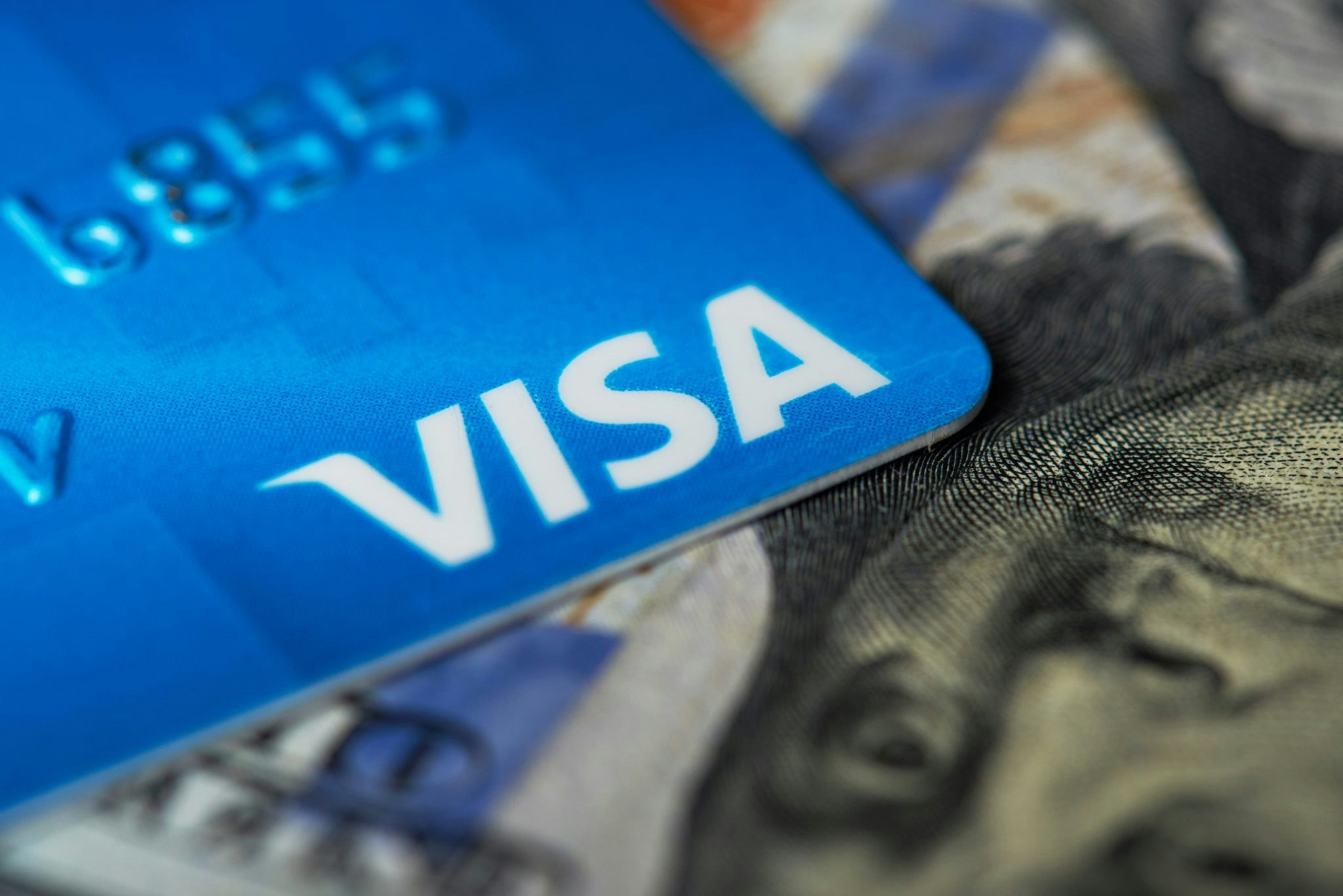Google has one. Revolut has one. All the cool kids seem to be vying for the latest regulatory bauble: a Lithuanian e-money licence.
Sifted has crunched the numbers and there are now 53 companies with an e-money licence in the small Baltic nation, allowing them to issue electronic money.
This is a 15% rise in just the past three months, and the numbers are likely to keep growing.
Many authorisations are for international companies — including Google Payment and Revolut — which have relocated or increased their presence in Lithuania.
This month Marius Jurgilas, board member at Lithuania’s central bank, said the regulator had received around 100 applications for such licences.
This may be at least in part because of Brexit, with UK companies hoping to secure a passport quickly in Lithuania to offer services across the EU once the UK has left the bloc (in principle on March 29).
"It seems that the companies, many of which are quite large, are behaving like a student who only starts worrying on the eve of an exam," Jurgilas told Reuters.
But Lithuania's favourable e-money approach is also part of a strategy to promote the Lithuanian fintech sector more generally. E-money authorisation in Lithuania takes just three months, compared to a year-long process in many other countries.
In a separate interview with the BBC, Jurgilas said: “We needed to find our competitive edge. We thought: we are part of the European Union, why not leverage that? Not just movement of people but movement of services too.”
At any rate, e-money licences for Lithuania seem to be booming. The data shows that overall there have still been many more filed in the UK — but at this rate, Lithuania has a real shot to come out ahead.
What is e-money?
Number of e-money authorisations granted per country
| Country | E-money authorisations |
| UK | 155 |
| Lithuania | 53 |
| Cyprus | 16 |
| Malta | 15 |
| France | 11 |
| Germany | 7 |
| Spain | 6 |
| Norway | 6 |
| Luxembourg | 6 |
| Belgium | 5 |
| Bulgaria | 5 |
| Austria | 5 |
| Sweden | 4 |
| Lichtenstein | 4 |
| Croatia | 4 |
| Italy | 3 |
| Denmark | 3 |
| Czech Republic | 2 |
| Ireland | 2 |
| Greece | 2 |
| Romania | 2 |
| Latvia | 2 |
| Slovenia | 2 |
| Netherlands | 1 |
| Portugal | 1 |
| Hungary | 1 |
| Slovakia | 1 |



